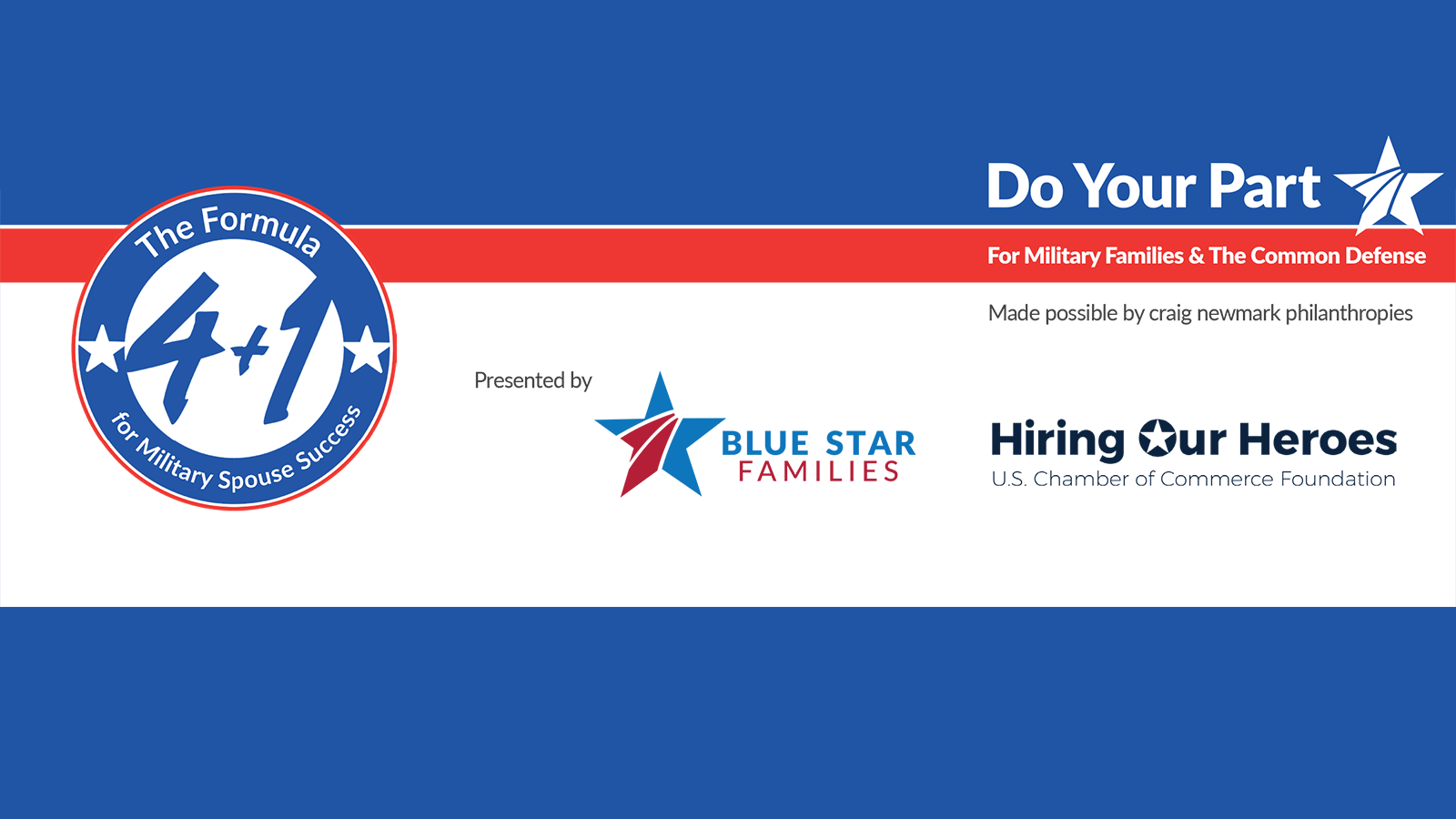
Project Management Institute (PMI) research anticipates that between 2010 and 2020, there will be a more than 12% increase in demand for project management practitioners in the U.S., resulting in nearly 6.2 million jobs in 2020. This projected growth coupled with an increasingly older and retiring workforce makes veterans an excellent talent pool from which to recruit for careers in Project Management.
So what makes veterans such a great fit? Well, think of all of they’ve done in the military— from managing the movement of equipment or people to planning a mission. These short-term “projects” match the definition of Project Management as defined by PMI: “a temporary endeavor undertaken to create a unique product, service or result.”
Ben Metzler, a retired Army Major who is now a Project Manager at Element Fleet Management, describes how his time in the military prepared him for his civilian career as a PM: “Most of my career was in Operations, which translates really well to running projects in the civilian world. There are significant parallels between my experience as a BN Operations and Executive Officer and leadership positions to my new career as a Project Manager.”
He continues, “The way the Army conducts day-to-day operations is very project based. Preparing for live fire gunneries, individual, team, and battery/company/battalion gunneries, Table gunneries, field exercises, prep for deployment, etc., all fit the PMI description of projects. They all are individual and distinct entities that have a definite beginning and end and require input from a number of different personnel and organizations within and outside of the unit. I feel like I am better prepared to succeed in my new career than I would have been had I risen through the ranks of the civilian world.”
Further, PMI explains that a project team often includes people who don’t usually work together – sometimes from different organizations and across multiple geographies. Veterans routinely find themselves working side by side with a diverse group of people, including those within the military and those living in the areas where they are stationed. They are able to manage different skillsets and personalities and complete a project.
Kevin Rogers is another great example of how military experience translates into Project Management. As an Air Force Captain he flew B-1B bombers as a back-seater, which he feels didn’t prepare him for much else. That is until he took a look at the many additional duties he had as an officer allowing him to build a breadth of experience. Kevin is now an IT project manager. “I ensure projects to develop functional software stay on time, on budget, and deliver the requested results,” Kevin states, “It is a lot like being a training officer in the Air Force, where I was responsible for ensuring everyone got the training they needed to deploy without busting our annual budget.”

In the Project Management Institute’s 2015 Veteran Brochure “Take Your Military Experience And Transition To A Career In Project Management”, PMI President and CEO, Mark A. Langley, writes “Many veterans have project management experience—just under a different name. The challenge is in the translation and repackaging of their skill sets so that hiring managers spot their skills. Mission-related often translates to ‘projectized,’ and the government and military are highly projectized environments, which make many veterans a natural fit for the project management world.”
Todd Phillips, Senior Vice President of Recruiting at Orion Talent adds, “Over the past 10 years, we’ve seen a number of veterans transition to project management in a broad range of industries to include manufacturing, construction, and supply chain.” He goes on to advise hiring managers to seek veterans with a demonstrated record of managing people and resources, as well as excellent communication and organization.
Ben and Kevin are just two examples of why Orion has experienced great success in matching veterans with careers in Project Management. Hiring Managers should not underestimate veterans’ experience balancing human capital, critical resources, and time constraints. These are the very traits that make them ideal candidates for a career in Project Management.
Archives
- October 2024
- May 2024
- March 2024
- February 2024
- January 2024
- December 2023
- November 2023
- October 2023
- September 2023
- August 2023
- July 2023
- June 2023
- May 2023
- April 2023
- March 2023
- February 2023
- January 2023
- December 2022
- November 2022
- October 2022
- September 2022
- August 2022
- July 2022
- June 2022
- May 2022
- April 2022
- March 2022
- February 2022
- January 2022
- December 2021
- November 2021
- October 2021
- September 2021
- August 2021
- July 2021
- June 2021
- May 2021
- April 2021
- March 2021
- February 2021
- January 2021
- December 2020
- November 2020
- October 2020
- September 2020
- August 2020
- July 2020
- June 2020
- May 2020
- April 2020
- March 2020
- February 2020
- January 2020
- December 2019
- November 2019
- October 2019
- September 2019
- August 2019
- July 2019
- June 2019
- May 2019
- April 2019
- March 2019
- February 2019
- January 2019
- December 2018
- November 2018
- October 2018
- September 2018
- August 2018
- July 2018
- June 2018
- May 2018
- April 2018
- March 2018
- February 2018
- January 2018
- December 2017
- November 2017
- October 2017
- September 2017
- August 2017
- July 2017
- June 2017
- May 2017
- March 2017
- February 2017
- January 2017
 RSS Feed
RSS Feed
Subscribe to Orion's Blog
Featured Blogs





.jpg)















